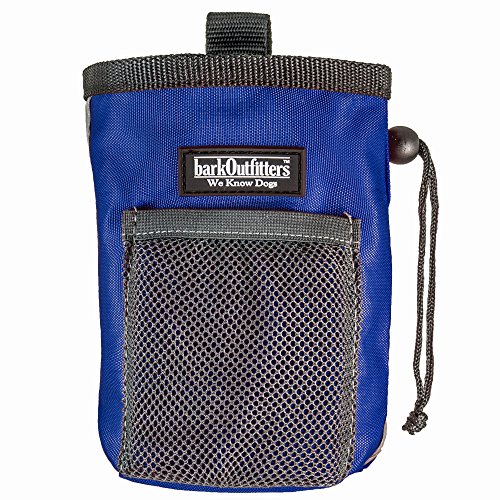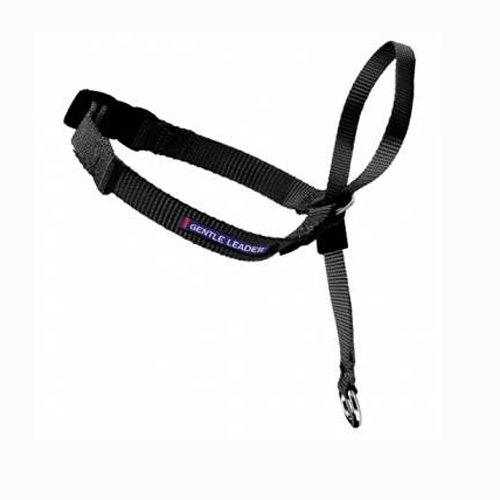
Most people know about electric shock collars and ultra-sonic (high pitch noise) devices as anti-bark tools, but citronella collars for dogs can actually be more effective, and they are certainly more humane.

According to a 2003 study published in the Journal of the American Animal Hospital Association[662], 77% of dog using a citronella spray collar showed a reduction in barking compared with only 59% of dogs using a traditional electric shock collar.
How Citronella Collars for Dogs Work
The citronella collar is first placed around the dog's neck. It will have a small audio sensor that listens for barking sounds. When a bark is heard, a small blast of citronella spray is emitted in the direction of the dog's nose. Dogs seem to hate this smell, so they begin to associate barking with a negative consequence (bad smell). After a while, dogs learn that if they stop barking, they won't have to inhale such an awful scent.
Humans tend to think that citronella smells pretty good (or at least "not terrible"), so it's not like dog owners have to endure a stinky smell every time the dog barks. If so, that would just be adding to the problem.
Why Citronella Collars for Dogs Make Sense
You see, citronella anti-bark collars target a dog's sense of smell, which is extremely sensitive in canines. The other methods--electric shock and ultra-sonic noise--target other senses in a dog that are not nearly as strong. Sure these other techniques are unpleasant for the dog, but if you really want to change behavior and associate a negative consequence with barking, go after the nose. Besides, administering a bad smell is infinitely more humane than administering the pain of electricity. In fact, electric shock collars are actually illegal in Europe.
Drawbacks Associated with Citronella Dog Collars
Citronella bark collars for dogs are not without their own drawbacks.
1. You will need to refill the citronella solution in the collar every once in a while. This isn't a huge deal to me, but it is an additional cost and maintenance hassle that you should be aware of.
2. The spray can stain furniture, or at the very least get things wet. I recommend using the collar outside to start so the bulk of the lessons are administered outdoors. Eventually, you can use a decoy, or "dummy," collar indoors that does not spray liquid.
3. The collar may not work. In the study cited earlier, the success rate was about 3 of every 4 dogs. You might happen to have dog #4 that is not fazed by the citronella correction.
Conclusion
Citronella bark collars for dogs are a great alternative to electronic shock collars and ultra-sonic products to correct nuisance barking problems. Anti-bark citronella collars target a dog's most powerful sense and administer corrections in a non-painful, humane way. Plus, they've been shown to be more effective than electric collars.
 How to have a Well Behaved Dog and Save Money at the Same Time
My partner was fixated on getting a pet dog, and cost w
How to have a Well Behaved Dog and Save Money at the Same Time
My partner was fixated on getting a pet dog, and cost w
 Small Dog Cross Breed As A Pet
Our dog, Mika , is quite a mix of breeds.
Small Dog Cross Breed As A Pet
Our dog, Mika , is quite a mix of breeds.
 English Springer Spaniels
Introduction And HistoryWhet
English Springer Spaniels
Introduction And HistoryWhet
 Hate to Walk Your Pulling Dog? Heres the Instantaneous Solution (Really!)
Credit: thatmutt.c
Hate to Walk Your Pulling Dog? Heres the Instantaneous Solution (Really!)
Credit: thatmutt.c
 Choosing a Dog Breed
Choosing a Dog Breed
Choosing a Dog Breed
Choosing a Dog Breed
Copyright © 2005-2016 Pet Information All Rights Reserved
Contact us: www162date@outlook.com